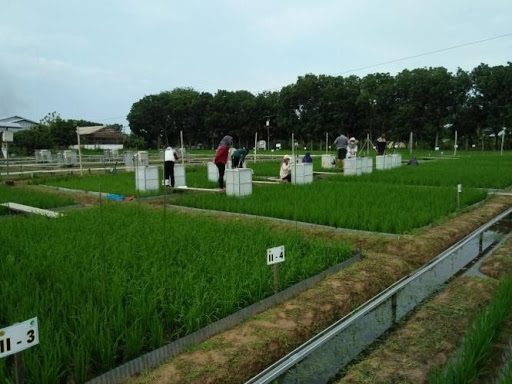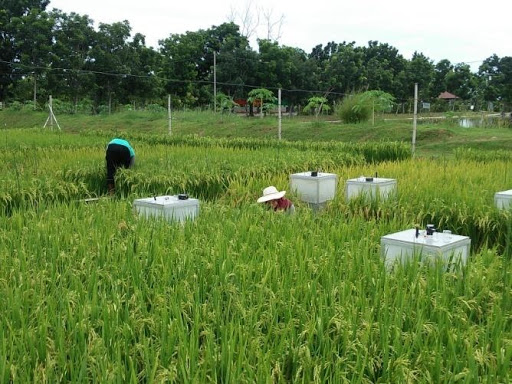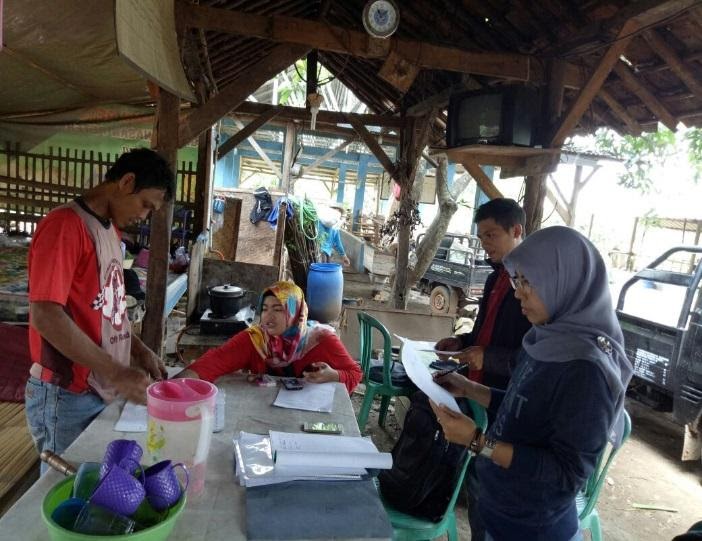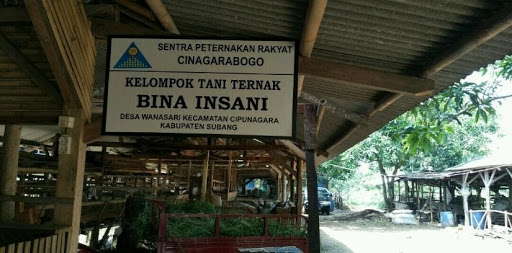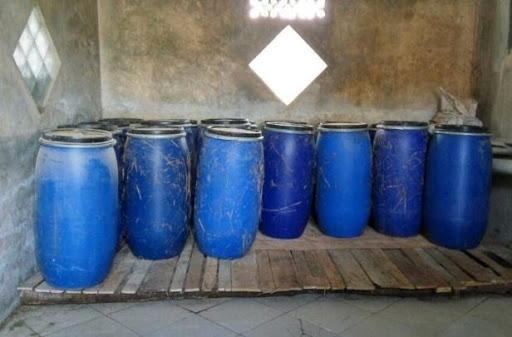You’ve reached the Global Research Alliance Indonesia page
Indonesia’s contribution to the Croplands Research Group (CRG)
Indonesian Soil Research Institute (ISRI) has been collaborating with the University of Nebraska-Lincoln, USA on the GYGA (Global Yield Gap Atlas)-Oil Palm Project since 2019. The aim of this four year project is to determine the causes of the oil palm yield gaps in mineral soil and demonstrate the best management practices to close the yield gaps thus draw the engagement of the local farmers’ participation to improve their yield. By doing so, farmers meet the optimum yield of their existing oil palm plantation, reducing the desire to extent the plantation area into the vulnerable ecosystem.
ISRI contributes to the aspect related soil management and carbon footprint. In 2019, this project successfully selected six study sites in different provinces. ISRI provided soil map for each site and the ground check surveys was conducted in demonstrated plots of oil palm plantation. Soil profiles were established in each site to identify the soil restriction factors to the crop growth. ISRI also collected soil samples for carbon footprint analysis. Data from the field and laboratory are now under process to analyze.
This year, ISRI plan to investigate the micro variation of soil carbon stock and roots distribution of oil palm tree. However, the Covid-19 pandemic has postponed field activity.
MIRSA-3 (Greenhouse Gas Mitigation in Irrigated Rice Field in South East Asia Countries) Experiment Project in Indonesia
Indonesian Agricultural Environment Research Institute (IAERI) acts as an implementation agency to conduct the research “Development of Comprehensive Rice Cultivation Technologies that Reduce Greenhouse Gas Emissions in Asia”. The aim of the research is to develop rice cultivation technologies that realize both yield maintenance and greenhouse gas (GHG) emissions reduction in Asian countries -Philippines, Vietnam and Indonesia.
The research is conducted for six consecutive growing seasons at the experimental field of IAERI, Pati-Central Java Province in 2019-2022. The treatments are a combination of water management (Continuous Flooding/CF and Alternate Wetting and Drying/AWD), organic matter (with and without organic fertilizer application), and rice varieties (Inpari 32 and IR64).
The results of second rice cropping season showed that AWD irrigation increased rice yield by 3.3-8.5% and reduce CH4 emission by 12-14% compared to CF. The AWD irrigation combined organic application resulted highest yield by 7.3 ton/ha. The AWD irrigation saved water in range 32-38% compared to CF. It was clearly demonstrated that AWD treatment in rice fields during growing season can significantly increase grain yield, reduce the global warming potential (GWP) and save water usage compared to CF.
ICARD’s researchers visit farmers to verify GHG activity data
Indonesian Ministry of Agriculture implemented feed improvement programs in 2011-2016. These programs had a considerable role in greenhouse gas (GHG) emissions reduction from enteric fermentation. The Indonesian Center for Animal Research and Development (ICARD) used the data from these programs to calculate GHG emission reduction using Tier-2 method.
Field verification was conducted to verify activity data in late 2017 in Subang, West Java. ICARD’s researchers interviewed 41 farmer groups in 5 districts (28 villages). Body weight of sample cattle was also measured in this activity. The interview aimed to find out the exact number of cattle involved in feed improvement programs. The results showed that 59,07% from 2.336 total cattle in the 5 districts were involved in feed improvement programs, such as concentrate and legumes feeding. Based on the interview, the percentage indicated that some farmers were unable to continue the programs because of a lack of funds. Other farmers decided not to continue the programs because they did not want to change their old habits.
Data from field verification and interviews were used to calculate preliminary emission reduction data. This exercise showed that feed improvement programs in Subang reduce 0.6631 CO2-eq ton per year using Tier-1 and 0.0545 CO2-eq ton per year using Tier-2. Emission reduction using Tier-2 was lower than Tier-1 because Tier-2 method has correction 21.82% to 27,86% due to changes in calculation method.
Click on the project titles below to read more:
Field verification on activity data from pasture in West Nusa Tenggara






